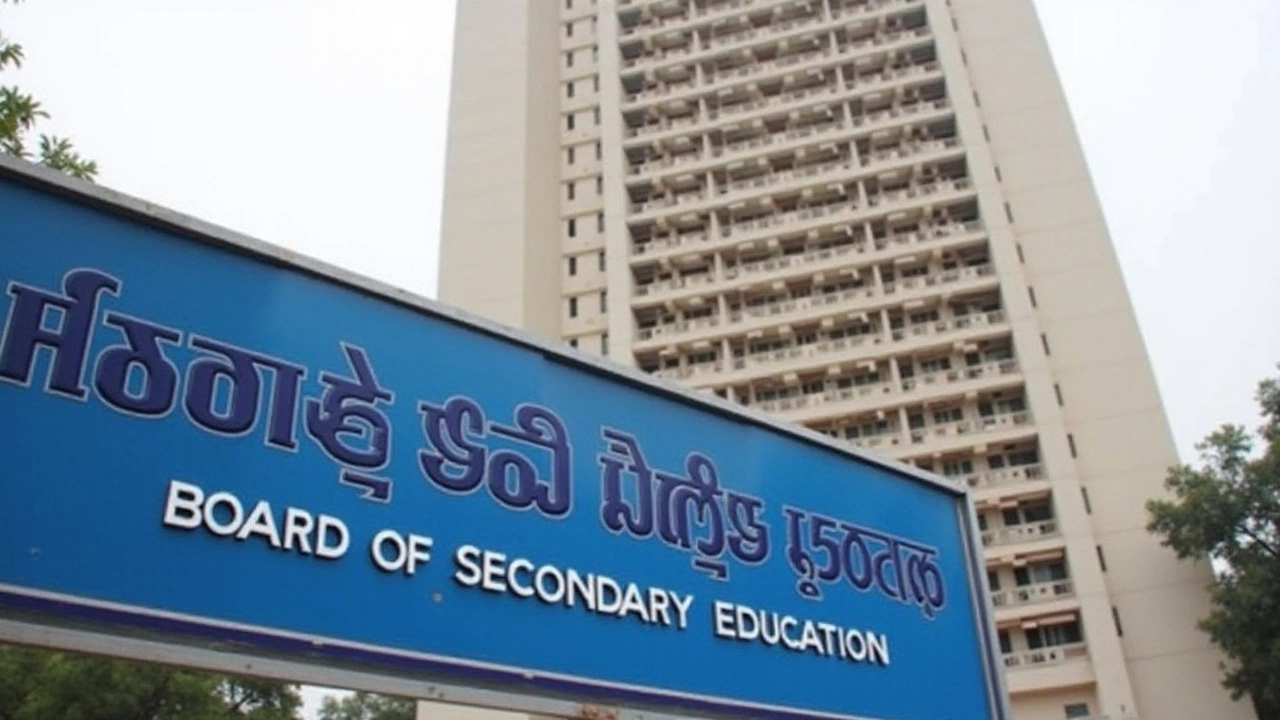CBSE Board Exams – All You Need to Know
When working with CBSE Board Exams, the nationwide secondary school assessments conducted by the Central Board of Secondary Education in India. Also known as Class 10 & 12 exams, it determines students' academic progress and university eligibility. Every year millions of students face the pressure of these tests, and the outcomes shape college admissions, scholarships, and career choices. Understanding the exam structure, key dates, and best‑practice study methods can turn anxiety into confidence.
One of the most important related entities is CBSE, the governing body that designs the curriculum, sets question patterns, and releases official guidelines. CBSE not only creates the syllabus but also publishes Sample Papers, full‑length mock tests that mirror the real exam’s difficulty and format. Using these papers is a proven way to gauge readiness; they encompass the same weighting of theory, application, and objective questions found in the actual test. Another critical entity is the Exam Schedule, the calendar that lists registration deadlines, exam dates, and result release timelines. Knowing the schedule lets students plan revision blocks, allocate time for mock exams, and avoid last‑minute cramming. Finally, the Result Portal, the online platform where official scores are published and can be downloaded as certificates. Monitoring the portal promptly helps students and parents confirm results, apply for counseling, and take corrective actions if needed.
How These Elements Connect
CBSE Board Exams encompass Sample Papers that simulate the real test environment, which Preparation Strategies rely on for feedback. Effective preparation strategies require mock tests, so the availability of Sample Papers directly influences study planning. Likewise, the Exam Schedule shapes a student's study calendar, forcing them to allocate revision time before each subject’s cut‑off date. When the schedule aligns with regular mock test cycles, students can track progress and adjust tactics. The Result Portal, on the other hand, closes the loop by delivering outcomes that inform future academic decisions and highlight areas for improvement.
Students who blend these entities into a single study routine see measurable gains. For example, a typical week might start with reviewing the CBSE syllabus, followed by solving a Sample Paper for Mathematics on Monday, analyzing errors on Tuesday, and then tackling Science on Wednesday. Thursday could be reserved for revisiting concepts flagged by the Result Portal from the previous year’s batch, while Friday focuses on a timed mock exam that mirrors the upcoming Exam Schedule. This cyclical approach turns each component—syllabus, mock papers, schedule, and result feedback—into a stepping stone toward the final score.
Beyond the mechanics, mental readiness is just as vital. Practical tips include setting specific goals for each mock paper (e.g., improve accuracy by 5%), using short breaks to avoid burnout, and discussing tricky questions with teachers or study groups. Many top‑scoring students also keep a “revision log” where they note down recurring mistakes highlighted by the Result Portal and then revisit those topics weekly. This habit creates a feedback loop that continuously refines understanding.
In the coming sections below, you’ll discover articles that dive deeper into each of these topics: detailed breakdowns of the latest Exam Schedule, step‑by‑step guides on using Sample Papers effectively, insider tips on navigating the Result Portal, and comprehensive Preparation Strategies that work for both Class 10 and Class 12 aspirants. Whether you’re a student, parent, or teacher, the collection below equips you with the tools you need to turn the CBSE Board Exams into a manageable, even rewarding, experience.
